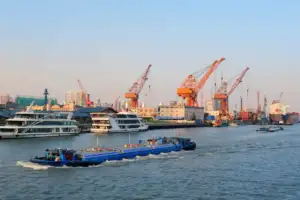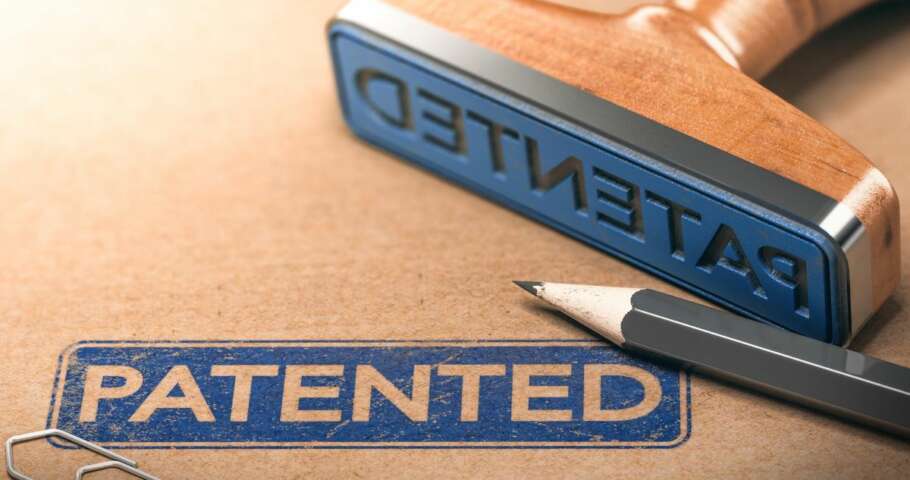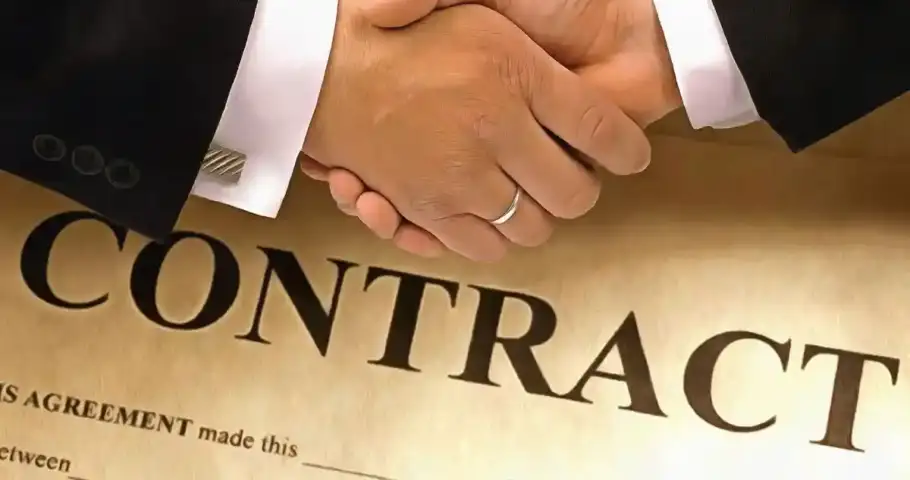For years, the United Arab Emirates (UAE) has been a crucial link connecting countries through its strategic ports. Today, it proudly holds the title of Asia’s most well-connected country (source) in the maritime world, boasting state-of-the-art infrastructure and advanced ports, which are equipped with cutting-edge facilities and governed by robust maritime trade laws. Being one of the country’s most important sectors which play a critical role in driving the economy forward, the maritime industry is vital, which is why the laws governing it are comprehensive and thorough. This article covers everything you need to know about the UAE’s maritime trade law.

Vessels and Nationality:
According to Article 11/1 of the Maritime Code, a vessel is defined as any structure designed or operated for maritime navigation, irrespective of its tonnage, power, or purpose, and all vessels must have a name, nationality, and a port of registry. In order for vessels to acquire a UAE nationality, the vessel needs to be registered in a UAE port and owned by an Emirati national. For a Limited Liability Company (LLC), individuals of UAE nationality must possess at least 51% of the capital, and the directors should also be Emirati nationals.
Charter Parties:
In a nutshell, a charter party refers to a shipowner’s agreement to lease their ship for transporting cargo to another destination. It involves hiring the ship from the shipowner through a contract dedicated to cargo transportation. The shipowner is responsible for ensuring that the provided ships are safe to be taken to sea, ensuring proper and careful loading of the cargo, and taking necessary precautions until delivery, in addition to adhering to any instructions given by the charterer.
Mortgaging Vessels:
The regulation of Vessel Mortgage in the UAE falls under the jurisdiction of the UAE Commercial Maritime Law No. 26 of 1981, which includes amendments outlined in law No. 11 of 1988.
According to the law, Mortgage is only applicable in vessels that weigh more than ten tons in total tonnage. While mortgage terms are not specified by the Maritime Code, a mortgage contract, containing details like the vessel’s name, capacity, nationality, and port of registration, must be executed and then registered at the bureau of the vessel’s port of registration. The mortgage expires once the debt has expired.
Arrest of Vessels:
The only cases where a vessel can be arrested is for the satisfaction of a “maritime debt,” which includes various claims, including damage caused by the vessel due to collisions or other incidents, loss of life or personal injuries resulting from its use, assistance and salvage operations, contracts concerning the vessel’s use or exploitation under charter parties or other agreements, contracts related to the carriage of goods documented in charter parties, bills of lading, or other similar instruments, loss of or damage to goods or chattels being transported on board, expenses associated with general average, towage or pilotage services rendered to the vessel, costs of supplies and equipment necessary for the vessel’s utilization or maintenance, regardless of where the supply occurs, expenses arising from its construction, repair, or fitting out, including any costs incurred while in dock, amounts expended by the master, shippers, charterers, or agents on behalf of the vessel or its owner, the wages of the master, officers, crew, and other individuals employed on board the vessel under maritime employment contracts, disputes related to its ownership, co-ownership, possession, use, and the right to the profits arising from its utilization, and maritime mortgage.
To file a ship arrest application, a power of attorney must be provided, signed before a notary public in the UAE, and in favor of a local advocate. The application should then be submitted to the civil court with jurisdiction. It is important to note that once the arrest, which can be waved aside by a civil court if the debtor presents a guarantee or alternative security that adequately covers the debt, is done, the vessel is prohibited from sailing. It is important to note that the only case in which the arrest cannot be waved aside is in cases where the maritime debts are linked to disputes concerning vessel ownership, co-ownership, possession, use, or the entitlement to profits derived from the use of the vessel.
Can the Arrest of a Vessel be Deemed Illegitimate?
The short answer is yes – vessels can sometimes be arrested wrongfully. When determining whether the vessel was wrongfully arrested or not, the main factor to consider is the intent of the arresting party. If it can be proven that the arresting party acted with the intention to cause harm, such as by fabricating evidence or submitting forged documents to secure the arrest, there is a good chance of recovering losses, provided the owner can substantiate its damages. However, if the arrest was wrongful without ill intent, meaning it did not firmly fall within the category of marine debt, the likelihood of receiving compensation for wrongful arrest becomes slim. In such cases, a maritime expert is typically appointed by the court to assess the losses.
This is why in the United Arab Emirates, arrests are permissible but legal and procedural aspects must be carefully reviewed before executing an arrest order. Documents such as an official Power of Attorney (POA) issued by the attesting party, notarized, and attested by the UAE Embassy in the origin country, must be translated to Arabic and presented by a lawyer. Additionally, the arresting party is required to submit a written commitment to indemnify the vessel owner against any loss or harm resulting from the arrest.
Marine Casualties and Arbitration:
Marine casualties include various incidents, such as significant injuries or fatalities on board, ship losses or abandonments, material damages, stranding or disablement of the vessel, collisions, or substantial damage to marine infrastructure. The UAE has specialized arbitration centers for resolving maritime issues, including EMAC (Emirates Maritime Arbitration Centre) and DIFC-LCIA (Dubai International Financial Centre – London Court of International Arbitration Centre).If you’re looking to find out more about Maritime Trade Law, you can find more information in our blog section. Additionally, you can schedule a call with one of our experienced lawyers where we can help you navigate the local laws and give you professional advice tailored to your specific needs.




